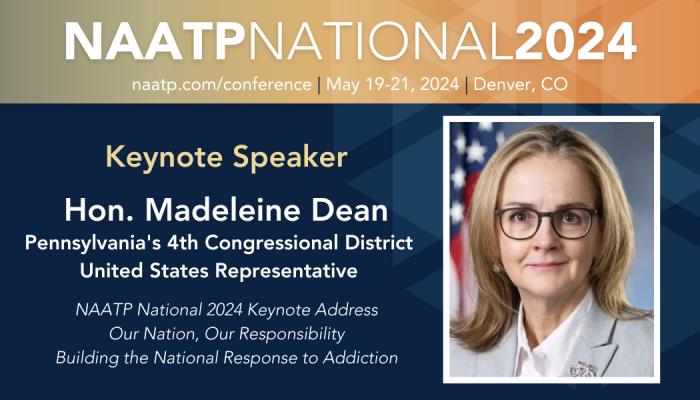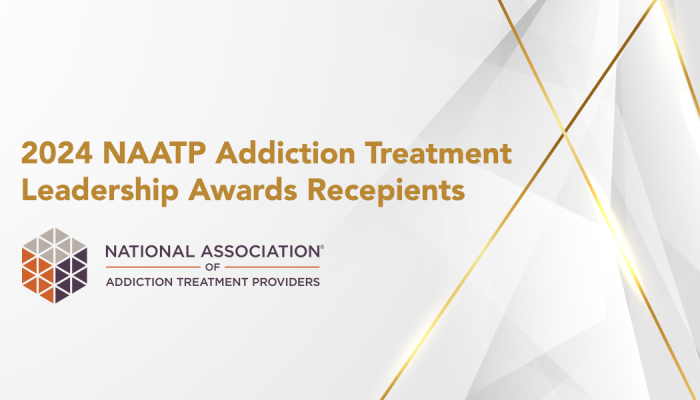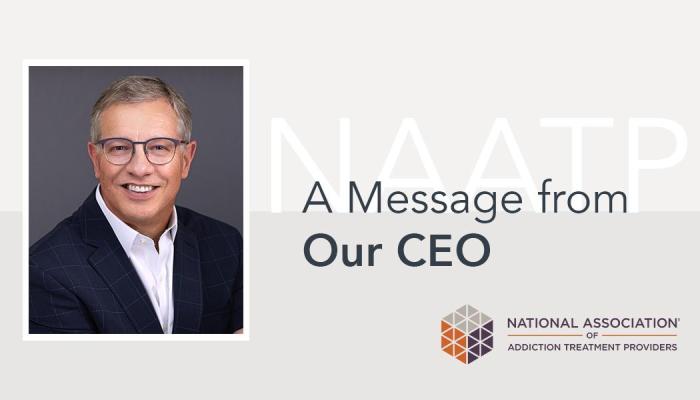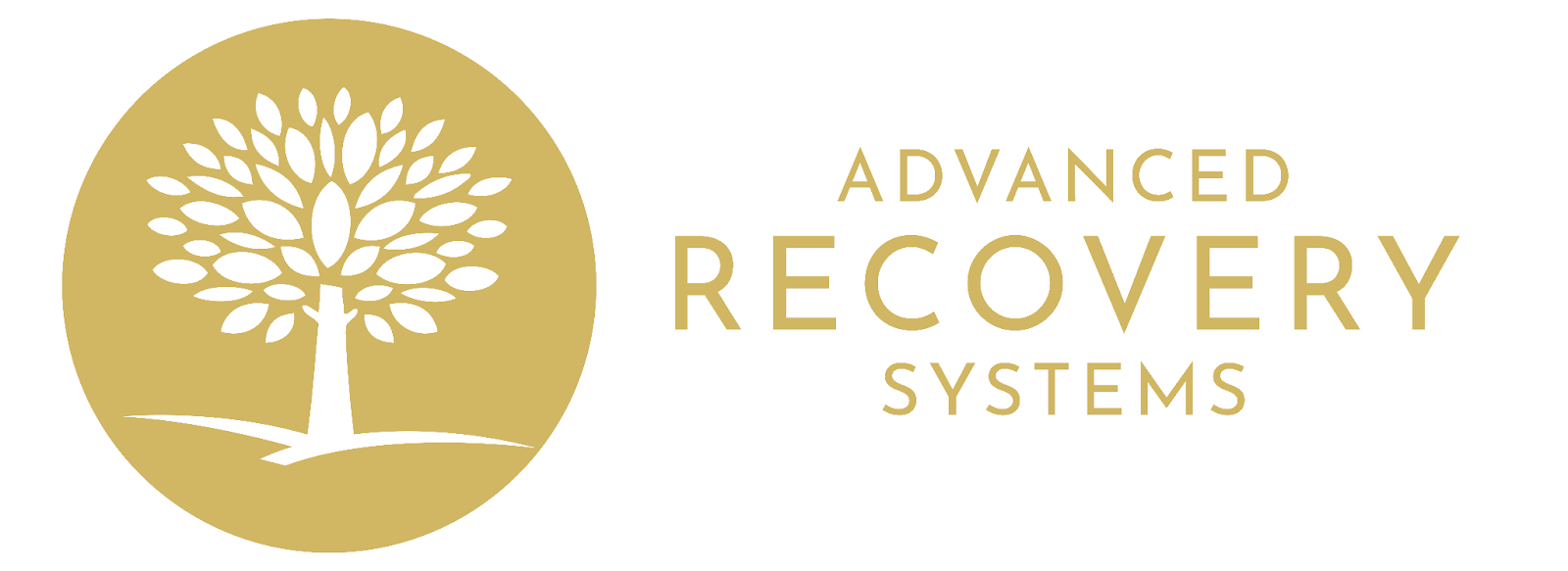This section focuses on building a strategy for identifying an issue you want to advocate for and gathering research and background information on your chosen issue. In some cases, the problem may present itself to you in the form of an issue that is impacting your work, the industry, or the community.
In this section…
- What is the Problem?
- Gather Research & Background Information
- Set Advocacy Goals
- Know Your State Government
Here are a few issues that NAATP has advocated for and called our members to action on:
What is the Problem?
You probably already have a good idea about why your issue is important. It might affect you personally, professionally or your community. You probably also know something about its history, and what brought the situation about. That's great, but before you face the world in a big-time (or even small-time) advocacy campaign, you will need to be armed with meaningful knowledge of the issue, its background, and the way it affects your community.
Why You Need A Thorough Understanding of the Issue
- You'll need to know why your opponents are taking the side they take, and what financial or other interests they may have in continuing to take that side.
- With research, you'll know better what needs to be done to correct the situation. Furthermore, you'll know which of the necessary steps are fairly easy to take, and which may be bigger undertakings.
- You'll know what strategic style is likely to work best, whether you're going to run an "in your face" type of initiative, or act behind the scenes, or something in between.
- If the dispute becomes public - as you may want it to - you will have the answers.
- Is there a time constraint? For example, a bill quickly moving through the House will need swift action, or the legislature may only be in session for a short period.
- You'll be ready with facts any time you are challenged by your opponent, by the establishment (such as City Hall), or by the media.
- Because you'll thoroughly understand the status quo from the beginning of your campaign, you will be able to plan your progress logically and, at the end, know just how far you have come.
Gather Research & Background Information
It is important to be familiar with the facts, but you will need much deeper understanding of the issues and their nuances to be a successful advocate. These are the types of research you’ll need to conduct:
- You will need data research to provide empirical support to your issue.
- You'll need to know how the issue links or divides different segments of the community.
- You'll need to understand who is pulling the strings to make your opponent’s take the line they do.
- You'll need to know what forces might be at work in the local political scene to make officials drag their feet - or even jump in to oppose you.
- You might need to know what it will take to make people give up the old way of doing things and try something else.
- You might need to know the belief systems of people who oppose you on ideological grounds.
Starting Points For Your Research
Who is affected by the issue?
- Who is affected the most?
- Who loses, and what do they lose?
- Who gains, and what do they gain?
What are the consequences of the issue?
- For the individuals?
- For their families?
- For society?
What is the economic impact of the issue?
- What are the economic costs of the issue, and who bears these costs?
- What are the economic benefits of the issue, and who benefits?
What is the social impact of the issue?
- What are the social costs of the issue, and who bears these costs?
- What are the social benefits of the issue, and who benefits?
What are the barriers?
- What are the barriers to addressing this issue?
- How can they be overcome?
What are the resources?
- What resources are needed to address this issue?
- Where and how can they be tapped?
What is the history of this issue?
- What is the history of the issue in the community?
- What past efforts were made to address it?
- What were the results?
Gathering Background Information
Getting accurate background information may be heavy lifting; you, or others in your group, may need to become topic experts, or find existing experts to join or advise your group. For example, suppose your issue involves changes in adolescent, residential-level licensing regulations that will directly impact several facilities in your area. Your group should be somewhat knowledgeable about the residential licensing process and guidelines, what direct implications this has had on the facilities and the community, and why the change was initiated.
If your issue is health care for the poor, you may need to have a reasonable knowledge of a great many fields, including information about the economics of health care systems, the effect of medical neglect on poor families, and state and federal policies as they affect the indigent.
Learning From Other Advocacy Groups
In many cases, background research may have been completed by national advocacy groups, such as Advocates for Opioid Recovery or National Alliance For Mental Health (NAMI). You may also be able to learn from and work with smaller advocacy groups tackling issues similar to yours. However, you'll need to be careful about taking over facts and figures prepared by other organizations. In certain cases, these might not be accurate, or might give a different slant to the research.
One thing that you can learn from other groups is their process – the way they went about their own research. For example, suppose there was a proposal for a new residential treatment center in a neighboring rural community and proponents had problems gaining community support and obstacles with zoning. A similar problem seems to be developing in another rural community nearby. You can find out what sources of information the proponents used and the roadblocks they encountered in their efforts to remedy the situation.
Set Advocacy Goals
Gaining a thorough understanding of the issue through research will allow you to set realistic advocacy goals. Setting clear objectives for your advocacy work is important because they:
- Identify tasks and show progress.
- Demonstrate success to members of your organization, funders, and the greater community when successfully completed.
- Keep your organization focused on initiatives most likely to have an impact.
- Keep members of the advocacy team/coalition working toward the same long-term goals.
Goal Criteria
Goals should be broken into specific steps. It’s better to keep your focus on a relatively narrow, manageable group of issues, rather than trying to cover too much ground and losing focus in the process.
Goal Timeframes
Long-term goals identify where you want to be by the end of the advocacy campaign.
Intermediate goals get you much of the way. They should:
- Focus on community and system changes - new or modified programs, policies, and practices in the local community or the broader system.
- Provide concrete building blocks towards the ultimate goal.
- Help the group to feel it is doing something. This can be helpful to maintain high levels of motivation over the long haul.
- Provide ongoing benchmarks by which you can measure progress.
Short-term goals have some of the same functions as the intermediate goals. They help keep a group motivated, provide more immediate benchmarks and individual action steps. Using SMART goals can help clarify and focus ideas and efforts.
SMART + C Goals
- (S)pecific. The more specific you can be about what you want your group to achieve when, the better.
- (M)easurable. Put your goals in measurable terms. The more precise you are about what you want to get done, the easier it will be to see what your group has accomplished. This may prove to be essential if you are carrying out a systematic evaluation of your campaign (see related section of this chapter).
- (A)chievable. Ambition is important, but you should also remember to set realistic goals that your group can actually achieve. Real change takes time and resources. Taking on too much may lead to discouragement and burnout, undermining your larger effort.
- (R)elevant (to your mission). Goals should set your group on the path to successfully accomplishing its larger mission. If you stray too much from that path, you may lose sight of what it is you're trying to accomplish.
- (T)imed. A completion date should be set for each goal or task. Even if circumstances change and your date must be altered later, it's much better to start off knowing when you can expect to achieve your goals. This keeps up momentum and motivation, and helps you anticipate when plans need to be adjusted.
- (C)hallenging. Goals should also stretch up. If we know we can get 500 people out to vote, but need 2,000--and can achieve that with extra effort--we should set the more challenging goal. Attainable challenges are rewarding and motivating, and help drive our work forward.
Know Your State Government
Another preliminary step in advocating at the state level is understanding a few of the basics about how your state government operates and where to find information.
1. Locate your state’s website. Most state websites can be found by typing: www.(YourState).gov.
2. The homepage of your state government is an excellent place to find links to the branches of the state legislature and general announcements of key issues taking place in your state.
3. From the homepage, connect to your state’s legislature or legislative branch webpage, where you will find information about your state’s House of Representatives and Senate. You may also find links to individual State Representative’s and State Senator's websites.
4. From your state’s legislative webpage, locate the link to the legislative calendar. This will keep you informed of when the legislature is in session and will contain schedule information for House and Senate sessions and committee meetings. Times when your state legislature is in recess present an excellent opportunity to meet with legislators in their districts.
______________________________________
For further reading, see our Resources List:






















